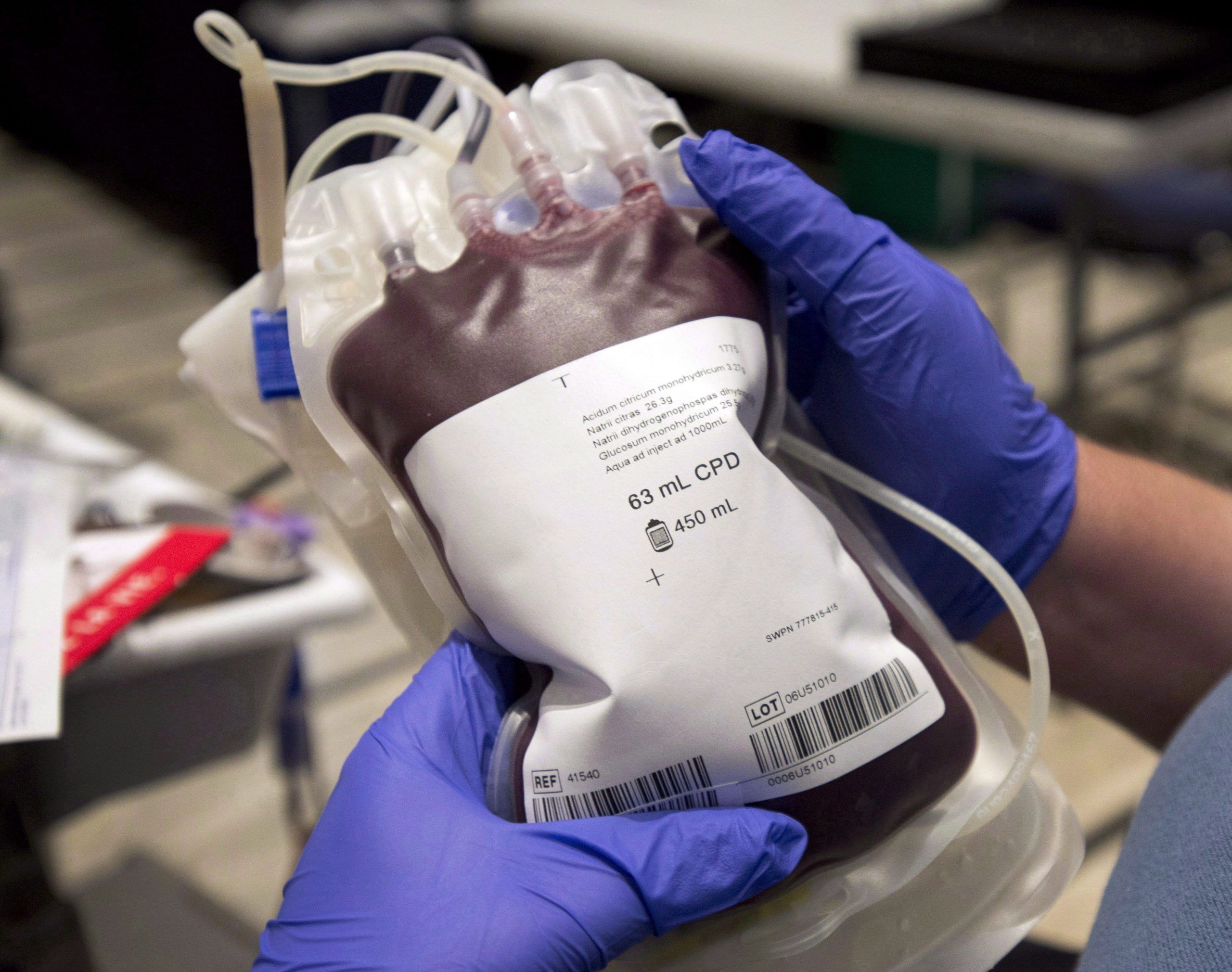‘new york is one of those places that you have to get up and go, but toronto is very ‘hurry up and wait,’ says jade elektra of the transition from living in nyc to toronto. supplied
so soon after that, i came to canada. in 2005, i got invited up to montreal to dj and perform and that’s when i met my now-husband john. a long distance relationship is hard to do, and so we tried to keep in touch but it didn’t last. by 2009, we reconnected through a social network that also didn’t last, but we rekindled things. he’s hiv+ also, and wasn’t taking very good care of himself at that time. we made a pact that we would take our meds when i called on the fours – 4 p.m. and 4 a.m. – and we did every day. we got married the following year and i relocated to toronto. it was a transition; new york is one of those places that you have to get up and go, but toronto is very ‘hurry up and wait.’
when i got here, there was a support group called out and poz, but they weren’t out, they were meeting in secret. i felt like it wasn’t a good way to be. we need to be out if we’re going to fight the stigma, people have to know that we’re hiv+ and that we’re okay and we’re okay with ourselves. so it became my goal to start an event that was out and kind of rubbed it in your face that, yeah, we’re hiv+. i called it poz-to, a monthly event and fundraiser to raise awareness. we started at a place called goodhandy’s on church, which is now club 120, and it did very well at first because it still wasn’t in the heart of the village. it was a little ways away, so people weren’t being spotted going into the party. once our slots started to get cut down so the bar could make money with other opportunities, i moved the party to crews & tangos where i was a resident dj. and that changed everything – people would not come into the party, they would come by the door and donate money, but that was it. not everyone appreciated the name either, so we changed it at one point to daddy issues, and mingle once we moved to buddies. the hope was to just create a community. and we did, there were people who were driving into the city because they had nothing like that in their small town. unfortunately, we haven’t been able to host an event since covid-19 came along but we do plan to come back eventually.
‘u=u (undetectable = untransmittable, an informational campaign about how effective hiv medications are in preventing sexual transmission of hiv) changes the playing field, says jade elektra. supplied
 7 minute read
7 minute read





